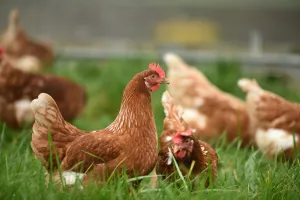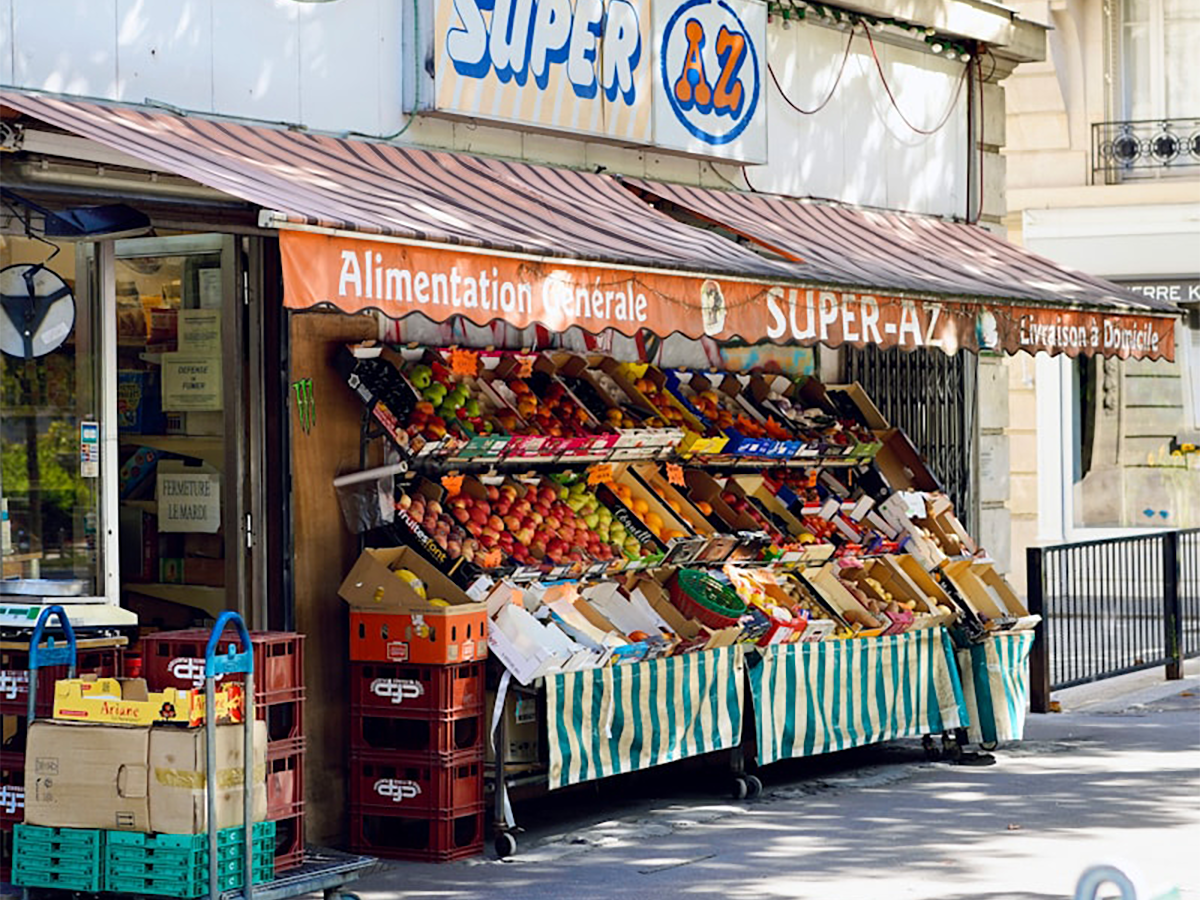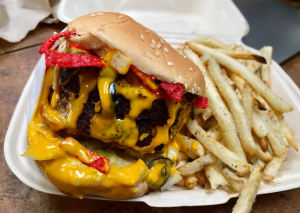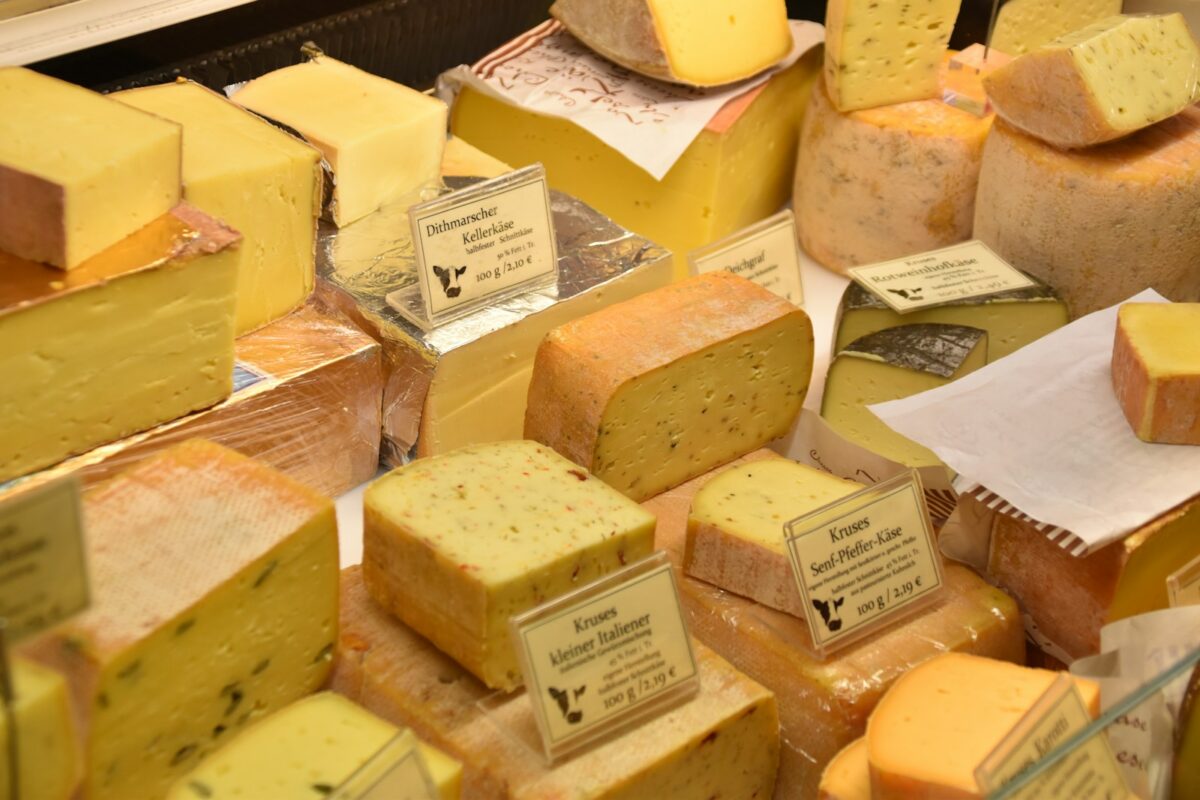Introduction: A Common Question in Veganism
One of the most frequently asked questions by those curious about veganism is, “Do vegans eat eggs?” It’s a straightforward question that addresses one of the fundamental principles of veganism. In this article, we’ll explore why eggs are excluded from a vegan diet and address common misconceptions.
The Vegan Philosophy: Compassion in Action
At its heart, veganism is more than a diet; it’s a lifestyle committed to avoiding animal exploitation and cruelty. This principle guides the exclusion of all animal-derived products, including eggs, from the vegan diet. Vegans abstain from eating eggs due to ethical, environmental, and health reasons.
Ethical Considerations: Beyond the Shell
The primary reason vegans choose not to eat eggs relates to animal welfare. Commercial egg production, even in so-called “free-range” or “cage-free” environments, often involves significant animal distress and unethical treatment, including overcrowding and the culling of male chicks, which are considered a by-product of the industry.
Health Concerns: What’s Lurking in Eggs
Beyond ethical considerations, health reasons also motivate some individuals to exclude eggs from their diet. Eggs can be high in cholesterol and are often linked to foodborne illnesses like salmonella. Additionally, more people are recognizing allergies or sensitivities to eggs, leading them to seek alternatives.
Environmental Impact: The Hidden Cost of Eggs
Environmental concerns also play a role in the decision to avoid eggs. The egg industry, like many animal agriculture sectors, contributes to deforestation, greenhouse gas emissions, and water pollution. By excluding eggs, vegans aim to reduce their environmental footprint and promote a more sustainable way of living.
Common Misconceptions: Clarifying the Confusion
Some believe that if eggs are sourced from backyard hens or ethical farms, they can be included in a vegan diet. However, while these sources may alleviate some ethical and environmental concerns, they still do not align with the vegan philosophy of avoiding all animal products.
Vegan Alternatives to Eggs
Today, there are numerous plant-based alternatives to eggs for cooking and baking, including flaxseeds, chia seeds, applesauce, and commercial egg replacers. These alternatives allow vegans to enjoy similar textures and flavors in dishes without compromising their values or health.
Conclusion: Understanding Vegan Choices
So, do vegans eat eggs? The clear answer is no. Veganism advocates for a diet and lifestyle free from animal products, based on ethical, health, and environmental reasons. By choosing not to consume eggs, vegans take a stand against animal exploitation, contribute to their health, and lessen their environmental impact.



